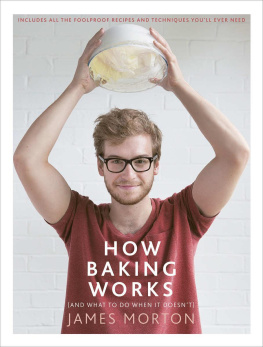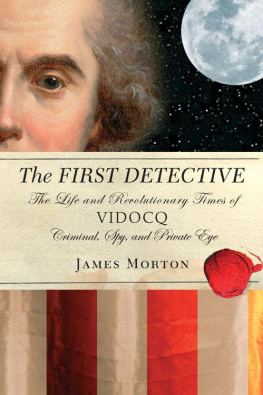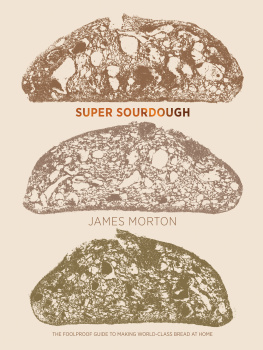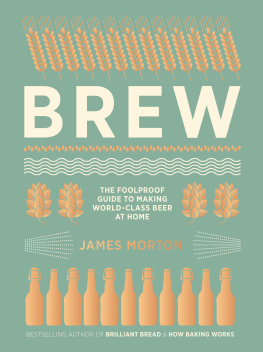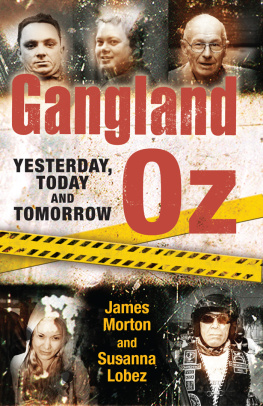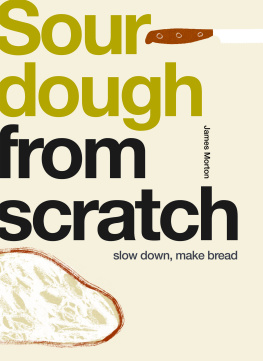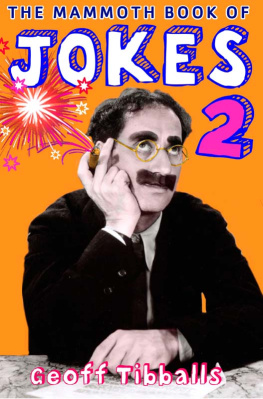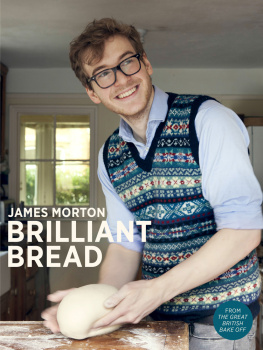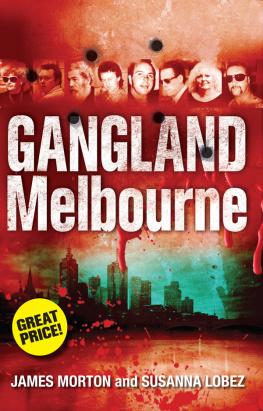James Morton - The Mammoth Book of Gangs
Here you can read online James Morton - The Mammoth Book of Gangs full text of the book (entire story) in english for free. Download pdf and epub, get meaning, cover and reviews about this ebook. year: 2012, publisher: Constable Robinson, genre: Non-fiction / History. Description of the work, (preface) as well as reviews are available. Best literature library LitArk.com created for fans of good reading and offers a wide selection of genres:
Romance novel
Science fiction
Adventure
Detective
Science
History
Home and family
Prose
Art
Politics
Computer
Non-fiction
Religion
Business
Children
Humor
Choose a favorite category and find really read worthwhile books. Enjoy immersion in the world of imagination, feel the emotions of the characters or learn something new for yourself, make an fascinating discovery.

- Book:The Mammoth Book of Gangs
- Author:
- Publisher:Constable Robinson
- Genre:
- Year:2012
- Rating:4 / 5
- Favourites:Add to favourites
- Your mark:
- 80
- 1
- 2
- 3
- 4
- 5
The Mammoth Book of Gangs: summary, description and annotation
We offer to read an annotation, description, summary or preface (depends on what the author of the book "The Mammoth Book of Gangs" wrote himself). If you haven't found the necessary information about the book — write in the comments, we will try to find it.
The Mammoth Book of Gangs — read online for free the complete book (whole text) full work
Below is the text of the book, divided by pages. System saving the place of the last page read, allows you to conveniently read the book "The Mammoth Book of Gangs" online for free, without having to search again every time where you left off. Put a bookmark, and you can go to the page where you finished reading at any time.
Font size:
Interval:
Bookmark:
James Morton is the author of the bestselling Gangland series. He had many years experience as a lawyer specializing in criminal work and was also editor-in-chief of New Law Journal. He lives in London.

Constable & Robinson Ltd
5556 Russell Square
London WC1B 4HP
www.constablerobinson.com
First published in the UK by Robinson,
an imprint of Constable & Robinson Ltd, 2012
Copyright James Morton, 2012
The right of James Morton to be identified as the
author of this work has been asserted by him in accordance
with the Copyright, Designs & Patents Act 1988.
All rights reserved. This book is sold subject to the condition that it shall not, by way of trade or otherwise, be lent, re-sold, hired out or otherwise circulated in any form of binding or cover other than that in which it is published and without a similar condition including this condition being imposed on the subsequent purchaser.
A copy of the British Library Cataloguing in Publication
Data is available from the British Library
UK ISBN: 978-1-78033-088-4 (paperback)
UK ISBN: 978-1-78033-089-1 (ebook)
1 3 5 7 9 10 8 6 4 2
First published in the United States in 2012 by Running Press Book Publishers,
A Member of the Perseus Books Group
All rights reserved under the Pan-American and International Copyright Conventions
This book may not be reproduced in whole or in part, in any form or by any means, electronic or mechanical, including photocopying, recording, or by any information storage and retrieval system now known or hereafter invented, without written permission from the publisher.
Books published by Running Press are available at special discounts for bulk purchases in the United States by corporations, institutions, and other organizations. For more information, please contact the Special Markets Department at the Perseus Books Group, 2300 Chestnut Street, Suite 200, Philadelphia, PA 19103, or call (800) 810-4145, ext. 5000, or e-mail .
US ISBN: 978-0-7624-4436-6
US Library of Congress Control Number: 2011930512
9 8 7 6 5 4 3 2 1
Digit on the right indicates the number of this printing
Running Press Book Publishers
2300 Chestnut Street
Philadelphia, PA 19103-4371
Visit us on the web!
www.runningpress.com
Printed and bound in the UK
What is a gang? What is organized crime? What is a criminal, even? Sociologists have wasted thousands of acres of trees trying to put together satisfactory definitions or at least one on which they can agree. Generally they have failed.
Defining a criminal is relatively easy. In the years before his death the Chicagoan journalist and playwright Ben Hecht, who wrote The Front Page, was working on a biography of the Californian mobster Mickey Cohen. He wrote, in what would have been the foreword:
Out of my contacts has come what I think may be a major piece of anthropological lore. The criminal has no hates or fears except very personal ones. He is possibly the only human left in the world who looks lovingly on society. He does not hanker to fight it, reform it or even rationalize it. He wants only to rob it. He admires it as a hungry man might admire a roast pig with an apple in its mouth.
I was pleased to find this out, for I have read much to the contrary. Society does not, as sociologists and other tony intellectuals maintain, create the criminal. Bad housing, bad companions, bad government etc., have little to do with why there are killers, robbers and outlaws. The criminal has no relation to society to speak of. He is part of mans soul, not his institutions. He is an old one. A thousand preachers, summer boys camps, plus a congress of psychiatrists can barely dent even a minor criminal. As for the major criminal, he cannot be touched at all by society because he operates on a different time level. He is the presocial part of us the ape that spurned the collar.
The criminal at the time of his lawlessness is one of the few happy or contented men to be found among us. While he remains a criminal he is as free of conscience pangs as the most right-doing of bookkeepers. He eats well, sleeps well, lives well, and his only disadvantage is that he may die ahead of his time from an enemy bullet, the gas chamber or electric chair.
Not even the latter two nowadays.
As for organized crime? Perhaps as good as any definition are two North American offerings. The first, by the Canadian police, is two or more persons consorting together on a continuing basis to participate in illegal activities, either directly or indirectly, for gain. An unnamed American organized crime boss thought it was just a bunch of people getting together to take all the money they can from all the suckers they can. Organized crime is a chain of command all the way from London to Canada, the US, Mexico, Italy, France, everywhere.
If that is organized crime what, then, is a gang? When I first began researching my book Gangland, a north London solicitor told me he did not act for gangs: I act for families. And if those families find they need a little help from friends and acquaintances does that make them into a gang? Surely gangs were for little boys giving secret passwords and meeting in the same shed every Saturday at teatime? Gangs were for American television films, said Reggie Kray.
It is really a question of semantics. A gang does not necessarily require a paid-up subscription, although members are often required to contribute a certain amount of their weekly take, or maintain a list of members, as does the Garrick or any other gentlemans club. It is, however, a clearly recognizable floating body with the equivalent of a chairman, members of the board, officers of the club and members who come and go for a variety of reasons. Some are in prison, some die, some retire and, just as some football players may leave Chelsea for Liverpool (but rather more dangerously), some may join another gang. But for a period of time they are members in one form or another.
Next pageFont size:
Interval:
Bookmark:
Similar books «The Mammoth Book of Gangs»
Look at similar books to The Mammoth Book of Gangs. We have selected literature similar in name and meaning in the hope of providing readers with more options to find new, interesting, not yet read works.
Discussion, reviews of the book The Mammoth Book of Gangs and just readers' own opinions. Leave your comments, write what you think about the work, its meaning or the main characters. Specify what exactly you liked and what you didn't like, and why you think so.

